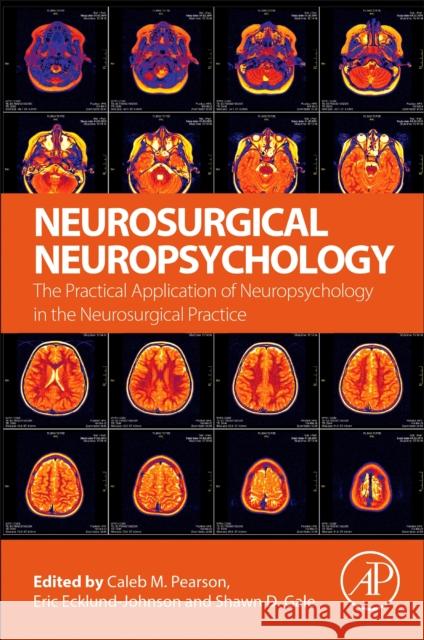Neurosurgical Neuropsychology: The Practical Application of Neuropsychology in the Neurosurgical Practice » książka
topmenu
Neurosurgical Neuropsychology: The Practical Application of Neuropsychology in the Neurosurgical Practice
ISBN-13: 9780128099612 / Angielski / Miękka / 2018 / 348 str.
Neurosurgical Neuropsychology: The Practical Application of Neuropsychology in the Neurosurgical Practice
ISBN-13: 9780128099612 / Angielski / Miękka / 2018 / 348 str.
cena 519,16
(netto: 494,44 VAT: 5%)
Najniższa cena z 30 dni: 512,82
(netto: 494,44 VAT: 5%)
Najniższa cena z 30 dni: 512,82
Termin realizacji zamówienia:
ok. 30 dni roboczych.
ok. 30 dni roboczych.
Darmowa dostawa!
Kategorie:
Kategorie BISAC:
Wydawca:
Academic Press
Język:
Angielski
ISBN-13:
9780128099612
Rok wydania:
2018
Ilość stron:
348
Waga:
0.56 kg
Wymiary:
22.61 x 14.99 x 1.78
Oprawa:
Miękka
Wolumenów:
01
Dodatkowe informacje:
Bibliografia
Wydanie ilustrowane
Wydanie ilustrowane











